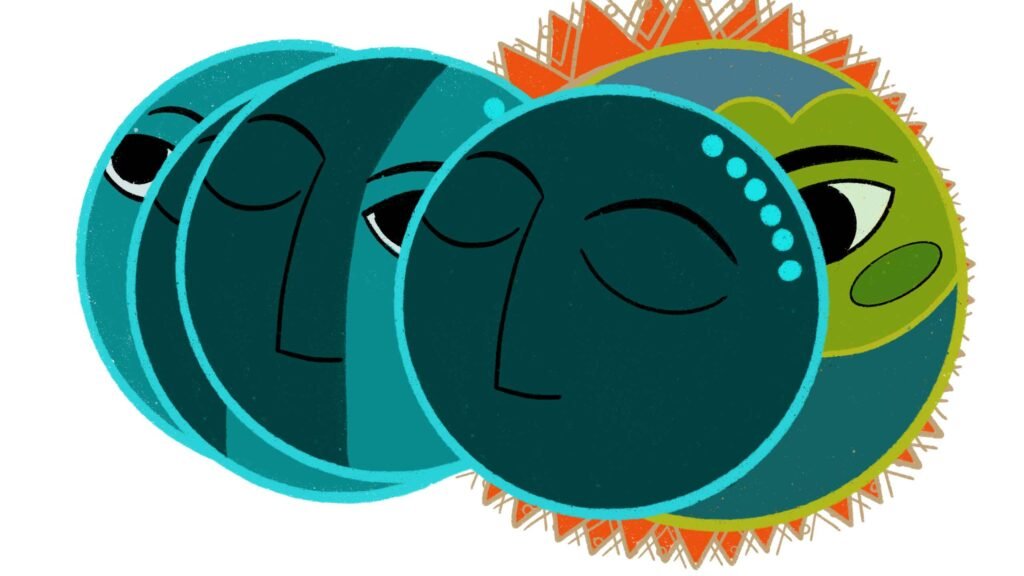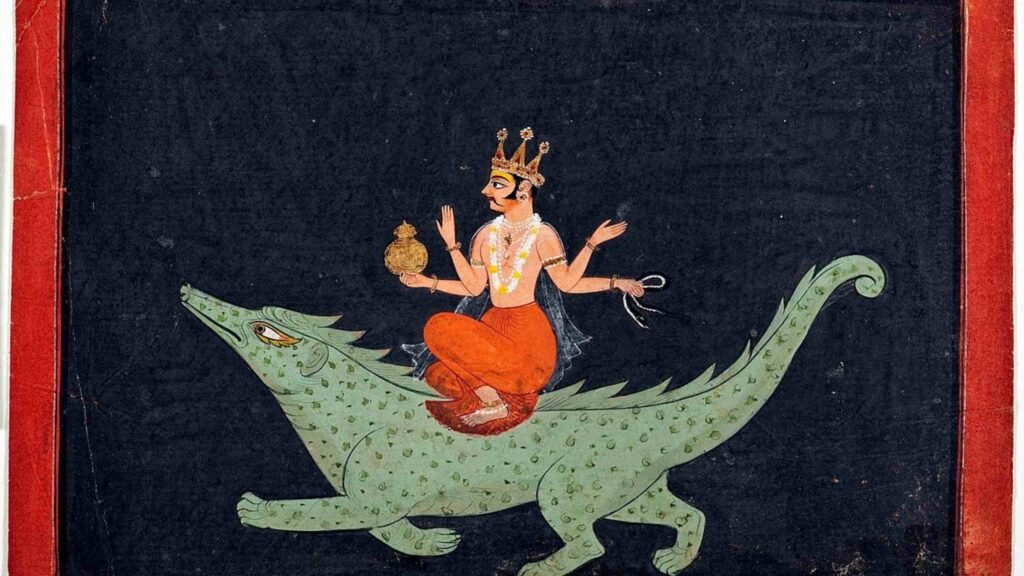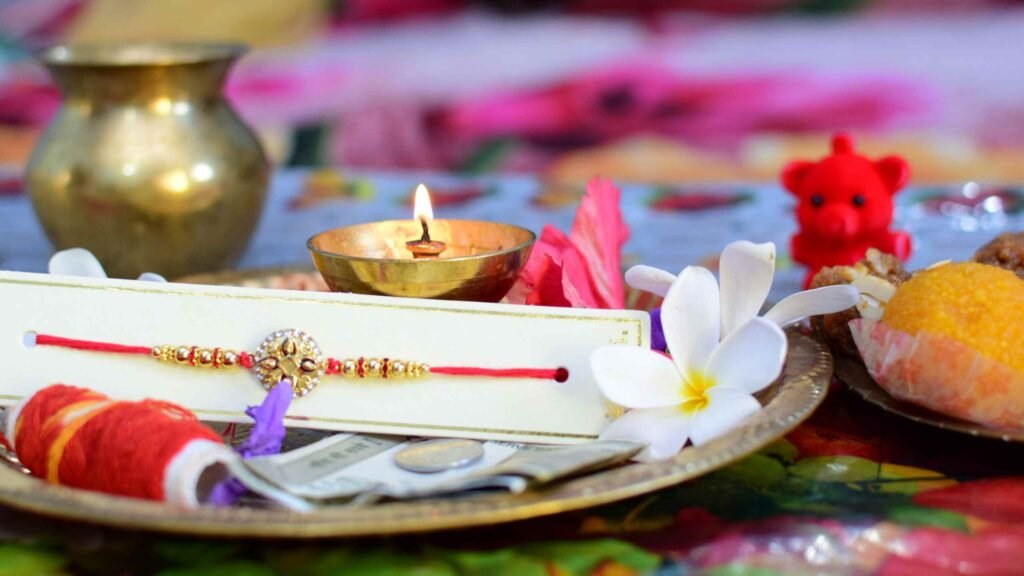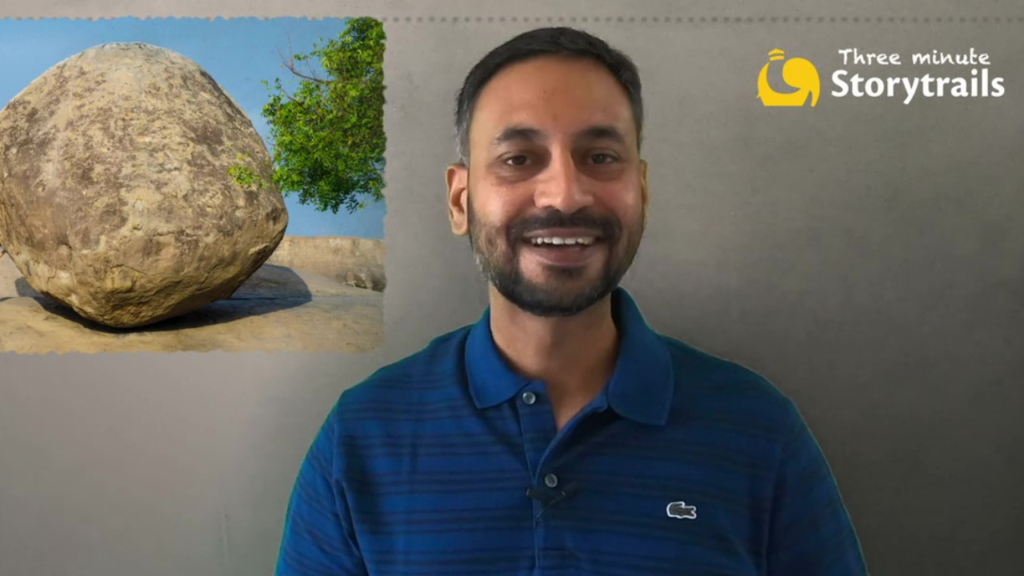Diwali, like many Indian festivals, has a pan-India following. Diwali to some and Deepavali to others, the festival is celebrated for very different reasons in different parts of the country, and on different dates too.
Detour: Why do we celebrate Diwali? Watch this short video for some of the stories around the festival.
Rama’s Homecoming
In northern India, it is believed that it was on this new moon day of the Kartika month, that Lord Rama returned to Ayodhya after vanquishing Ravana. The citizens of Ayodhya decorated the entire city with earthen lamps and illuminated it like never before. This symbolic practice continues in homes all over India.
South India celebrates Diwali a day earlier than north India. They say it is because Lord Rama travelled from south India and reached his kingdom in the north a day later!
Diwali and Demon Slaying
Other legends ascribe an entirely different reason for the celebration of the festival in the south. Celebrated as ‘Naraka Chaturdasi’ one day before the Diwali in the north, the festival commemorates the killing of the demon Narakasura by Satyabhama and her husband, Lord Krishna. So while the Diwali celebrations for north Indians essentially start in the evening, people of Tamil Nadu celebrate the festival early in the morning. Small lamps are lit all around the house and after a special puja for Lord Krishna or Lord Vishnu, children burst firecrackers, celebrating the defeat of the demon.

But why the early hour, you might ask. Some believe that the demon was killed in the morning, while others say it falls in line with the belief that the period just before sunrise (called the Brahma Muhurtham) is the most auspicious.
The concept of good and bad is always relative and contextual, especially so when it comes to myths and legends. As you move from one end of the country to another, the roles of the hero, villain, and the anti-hero in these legends often get seen differently.
Take the interesting Diwali legend of King Mahabali, for instance. Though known to be an extremely just and righteous ruler, he was of a demonic lineage and therefore, had to be defeated. Lord Vishnu did the deed in his incarnation as the dwarf ‘Vamana’ the day after Diwali, now celebrated as ‘Balipadyami’.
However, Mahabali was a popular king, and according to legend, he visits his beloved people once a year, during the festival of Onam. People in his kingdom, Kerala, celebrate this festival by decorating their homes to welcome him. So while one part of the country celebrates the defeat of the demon Mahabali during this period, another celebrates his return.
And then there are some communities for whom Diwali is NOT a festival: in fact it is quite the opposite.
A Festival of Good Fortune
Gambling is another custom that most north Indian homes enthusiastically take part in during Diwali. It is said that the goddess Parvati played dice with her husband, Shiva on this day and it is hence believed that whosoever gambles on Diwali night will prosper throughout the year. So gambling on Diwali is not only legitimate, but is also actually auspicious!

Many north Indian business communities start their financial year on the day after Diwali. It is believed that Lakshmi, the goddess of wealth emerged from the ocean of milk on this day, and merchants symbolically open new account books on Diwali. The new year falls in April in many states like Tamil Nadu and Assam. That is because they follow a different calendar system.
Detour: Watch this video for the story of how ancient Indians and people across the world measured time.
How and why do Jains and Sikhs celebrate Diwali?
Sikhs and Jains also have reason to celebrate on Diwali day. Sikhs celebrate Bandi Chhor Divas to commemorate the day that the sixth guru of the Sikhs, Guru Hargobind, was released from prison by the Mughal emperor Jahangir.

The Jain community lights lamps as a symbol of enlightenment because on this day, the 24th Tirthankara, Vardamana Mahavira achieved nirvana.

Diwali is indeed many different festivals being celebrated under the same banner. Contradicting stories, different customs and different days — the strength of our society’s fabric must surely have something to do with our willingness to celebrate and welcome such diversity.









